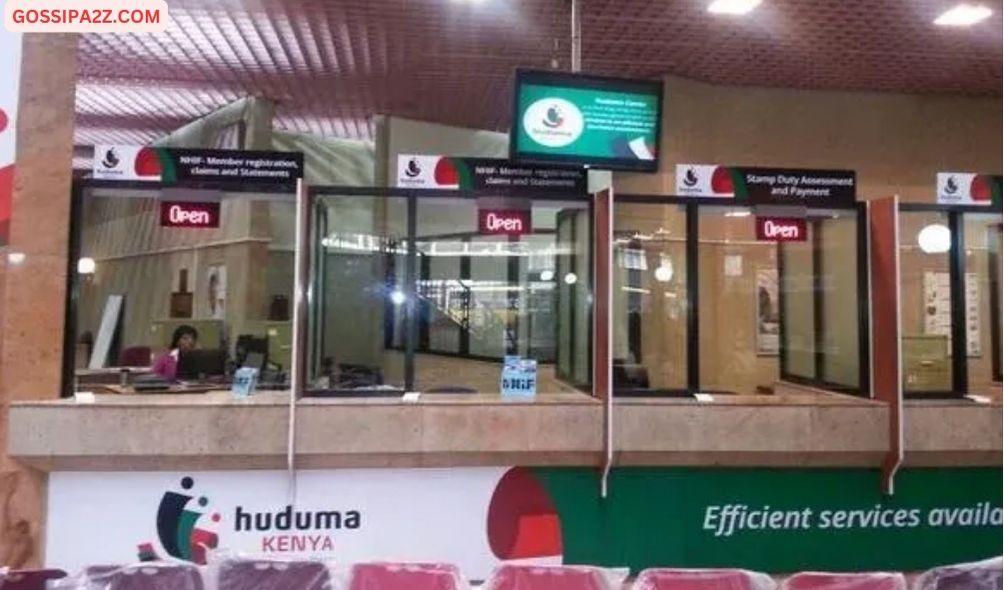Govt Proposes More Levies and Fees For Kenyans Accessing Public Services
Kenyans might soon encounter increased charges and fees for accessing services from public institutions, as the National Treasury suggests that Ministries, Departments, and Agencies (MDAs) should take steps to reduce their dependence on the national treasury.
With that objective in mind, the government, outlined in the Draft 2024 Budget Policy Statement (BPS), suggested the implementation or augmentation of fees for services rendered to generate additional non-tax income.
Revenue generated by the government from sources other than taxes is referred to as non-tax revenue.
“Eventually, the majority of the MDAs are expected to be self-financing. These policy strategies are expected to expand the primary surplus in the fiscal framework and stabilize the growth of public debt thereby boosting the country’s debt sustainability position,” Treasury Cabinet Secretary Njuguna Ndung’u stated in the document.
While suggesting the implementation of charges and taxes, the government conveyed its commitment to ensuring that these fees are fair and do not place an undue burden on the people of Kenya.
The government is interested in establishing a limit on the charges imposed by MDAs, prompted by the public’s reaction to the State Department’s proposal to increase fees for specific government services like ID replacement and passport issuance.
ALSO READ:
- Former Deputy President Rigathi Gachagua Reveals the Truth Behind His Impeachment
- Guatemalan and Salvadoran Troops Land for Haiti Mission
- Puzzle as Woman Is Found Dead in Mysterious Circumstances Close to Her Home
- Cross-Border Attack: Nigerian Gunmen Kill 5 Cameroonian Soldiers in Retaliation
- The Late KNCHR Chairperson Roseline Odede’s Illustrious Career, Awards & Legacy
In the upcoming four years, the Treasury aims for all Ministries, Departments, and Agencies (MDAs) to embrace not just non-tax revenue strategies but also to remit funds to the exchequer. This objective will be strengthened through the execution of the universal pay bill, numbered 222222.
The new measures were designated to be implemented by entities such as the Ministry of Lands and the State Department for Immigration and Citizen Services.
As per the BPS, the government aims to reduce the fiscal deficit relative to the Gross Domestic Product (GDP) through the application of non-tax revenue measures.
During the fiscal year 2024/25, the Treasury instructed all Ministries, Departments, and Agencies (MDAs) as well as Sector Working Groups to formulate their budgets based on specified sector limits and implement the value chain approach.
Chris Kiptoo, the Principal Secretary of the Treasury, clarified that the measures laid out in the 2024 Budget Policy Statement (BPS) are anticipated to enhance overall economic efficiencies, establish a favorable environment for business and investment growth, lower the cost of living, and improve the well-being of the entire Kenyan population.
“The tight fiscal stance is expected to reduce debt vulnerabilities through the implementation of reforms to broaden the domestic tax base and improve tax compliance,” he added.
Govt Proposes More Levies and Fees For Kenyans Accessing Public Services
